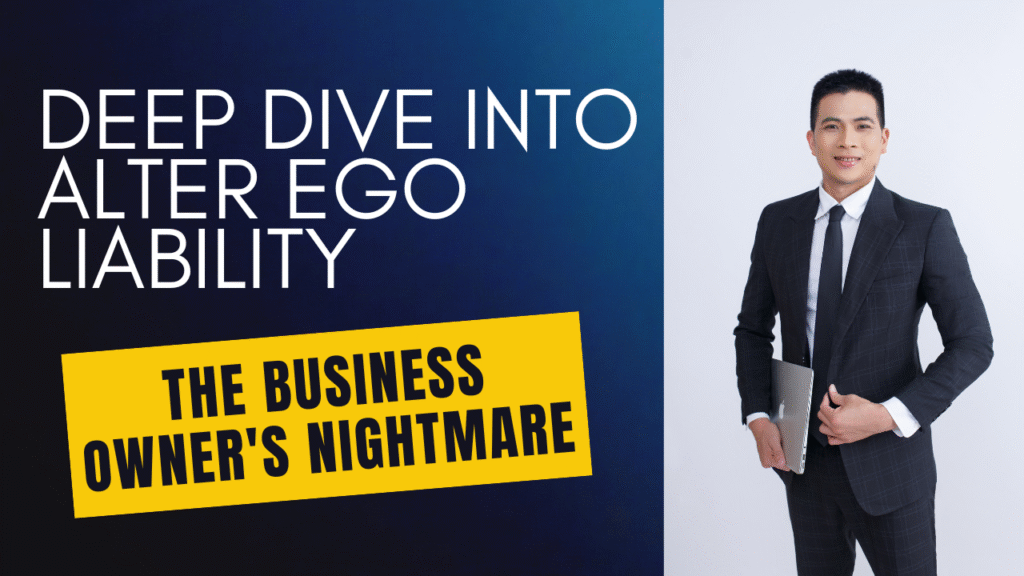
Here is best estate planning guide. We spend our lives building a legacy—a home, a savings account, a collection of cherished possessions, and a network of loved ones. Yet, one of the most critical acts of protecting that legacy is the one most often postponed: creating an estate plan. The term “estate planning” can sound intimidating, reserved for the wealthy with sprawling mansions and complex trusts. But in reality, personal law provides tools that are essential for every adult, regardless of their net worth.
Failing to plan for your future doesn’t just leave your assets in limbo; it places an enormous emotional and financial burden on your family. They are left to navigate a complex legal system during a time of grief, often leading to disputes, delays, and unnecessary expenses.
The good news is that a foundational estate plan is not nearly as complicated as it sounds. It revolves around three essential legal documents that work together to protect you during your life and provide for your loved ones after you’re gone. These are your Last Will and Testament, a Durable Power of Attorney, and an Advance Healthcare Directive.
The Last Will and Testament: Your Voice After You’re Gone
A Last Will and Testament is the cornerstone of any estate plan. It is a legally binding document that outlines your final wishes, ensuring your assets are distributed according to your desires, not the default rules of the state.
What Happens if You Die Without a Will? (Intestate Succession & Estate Planning)
If you die without a will, you are considered to have died “intestate.” In this scenario, state law—specifically, the laws of intestate succession—will decide who gets your property. These laws are rigid and impersonal. They typically distribute assets to your closest living relatives in a predetermined order (e.g., spouse, then children, then parents, then siblings).
This can lead to unintended and often heartbreaking consequences:
- An unmarried partner could receive nothing.
- A favorite niece or a lifelong best friend you wished to provide for will be overlooked.
- If you have no living relatives, your entire estate could go to the state.
A will gives you control, allowing you to override these default rules and make your specific intentions known.
Key Functions of a Will (Estate Planning)
- Appointing an Executor: This is the person or institution you trust to manage your estate, pay your final bills, and distribute your assets according to the will’s instructions.
- Distributing Your Assets: You can make specific bequests, such as giving a piece of jewelry to a grandchild or a sum of money to a charity.
- Naming a Guardian for Minor Children: This is arguably the most critical function of a will for young parents. If you and the other parent pass away, your will is the only place you can legally nominate who you want to raise your children. Without it, the court will make that decision for you.
In Estate Planning The Durable Power of Attorney
While a will speaks for you after death, who makes decisions for you if you are alive but unable to do so yourself? This is where a Durable Power of Attorney (DPOA) for finances comes in.
A DPOA is a legal document where you (the “principal”) grant another person (the “agent” or “attorney-in-fact”) the authority to manage your financial affairs. The “durable” part is key—it means the document remains in effect even if you become mentally incapacitated due to illness or injury.
Without a DPOA, if you were in a coma, your family would have no legal authority to access your bank accounts to pay your mortgage, manage your investments, or run your small business. They would have to petition a court to appoint a conservator or guardian, a process that is public, expensive, and time-consuming.
Your agent under a DPOA can be authorized to perform tasks such as:
- Paying bills and managing bank accounts.
- Filing tax returns.
- Buying or selling property.
- Managing your investments and retirement accounts.
Adverse Possession and Easements Understanding: The Hidden Threat to Your Property Line
Advance Healthcare Directive: Your Voice in Medical Decisions
Just as a DPOA protects your finances, an Advance Healthcare Directive protects your health and personal autonomy. This document, which can also be known as a “living will” or “healthcare power of attorney,” accomplishes two vital things.
1. Appointing a Healthcare Agent
This is the person you designate to make medical decisions on your behalf if you are unconscious or otherwise unable to communicate your wishes. This person should be someone you trust implicitly to understand your values and advocate for you with doctors and medical staff.
2. Outlining Your Medical Wishes (The Living Will)
This part of the document allows you to specify your preferences regarding end-of-life care. You can state your wishes concerning treatments such as:
- The use of life support like mechanical ventilation or feeding tubes.
- Palliative care (comfort care).
- Organ donation.
Having an advance directive removes an agonizing burden from your family. It spares them from having to guess what you would have wanted during a crisis, preventing potential disagreements and guilt. It ensures that your personal values regarding life and medicine are respected.
Bringing It All Together: Your Comprehensive Personal Law Shield
These three documents—the Will, the Durable Power of Attorney, and the Advance Healthcare Directive—form the bedrock of a solid estate plan. They work in concert to create a comprehensive shield that protects you and your family from legal chaos during life’s most challenging moments.
Creating these documents is not a one-time event. It’s wise to review your estate plan every 3-5 years or after any major life event, such as a marriage, divorce, the birth of a child, or a significant change in your financial situation.
Consulting with an estate planning attorney is the best way to ensure these documents are drafted correctly according to your state’s laws and tailored to your unique circumstances. It is a small investment that provides an immeasurable return in peace of mind for you and protection for the people you love most.


